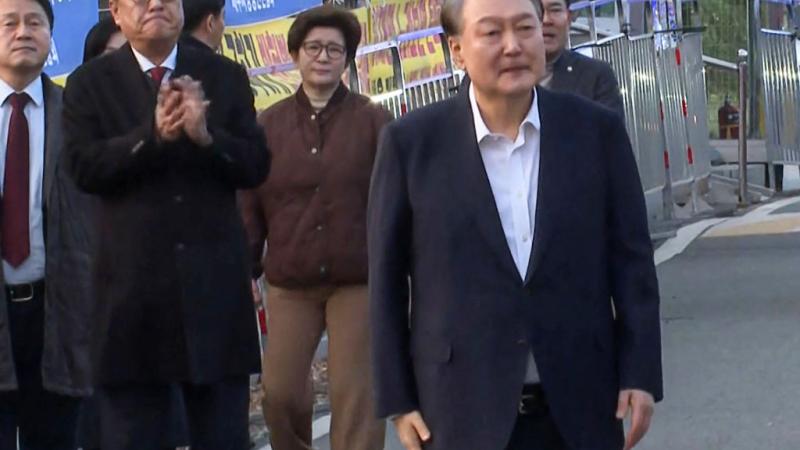Chinese Communist Party seeks to normalize black market organ trade with public price model, report
Experts believe the CCP is attempting to normalize what has long been the opaque and eyebrow raising organ trade in China
A number of provinces and cities in China have released official guideline prices for vital human organs including livers, kidneys, and hearts.
The guideline release follows a July notice from the central government pertaining to financial fees and management around organ transplants.
Medical experts who study China's organ transplant market believe the idea behind creating pricing guidelines stems from the CCP's desire to normalize the country's opaque organ transplant practices.
According to reporting by the Epoch Times, the Henan Province in Central China's Yellow River Valley, created a list of organ prices that included livers going for roughly $41,000, hearts priced at $15,600, kidneys for $25,000, and corneas for $1,600.
Dr. Wayne Shih-wei Huang, a surgeon and director at Asia's largest training center for minimally invasive surgery, says the CCP is asking local governments to present (what it says are donated) organ prices based on resource consumption, technology, labor value, and public acceptability.
But prices listed make no sense in terms of the actual medical cost of transport and procedure. Instead, he believes the prices are a reflection of market value and demand. The price, for instance, of obtaining a heart should be higher than that of a kidney
In June 2016, a groundbreaking report by former Canadian Secretary of state for the Asia-Pacific, David Kilgour; human rights attorney, David Matas, and investigative journalist, Ethan Guttmann, estimated that China may be performing anywhere between 60,000 to 100,000 transplants per year – many, many times the official 10,000 figure reported in the country.
The report suggests that many of these unreported organs are coming from Falun Gong students and other Chinese prisoners. Falun Gong is a spiritual meditation practice that rose to prominence in China in the early 1990s but was banned in 1999. Subsequently, many of its practitioners were illegally arrested and tortured.
Several reports over the years have indicated that imprisoned practitioners of Falun Gong have become a source of living human organs for transplants in China.















